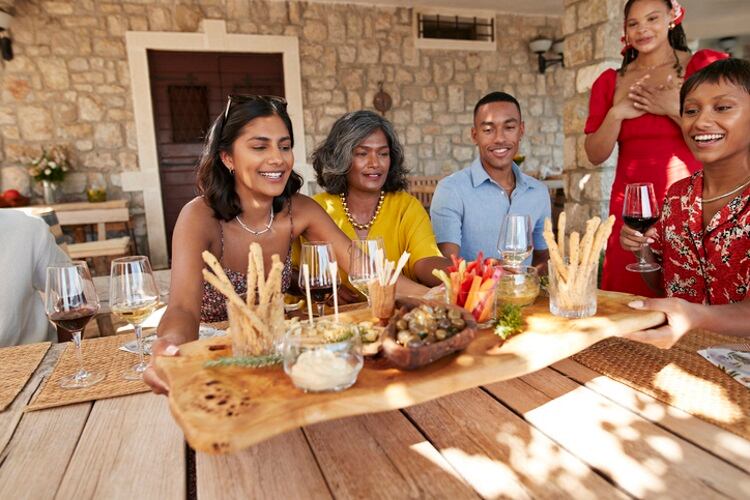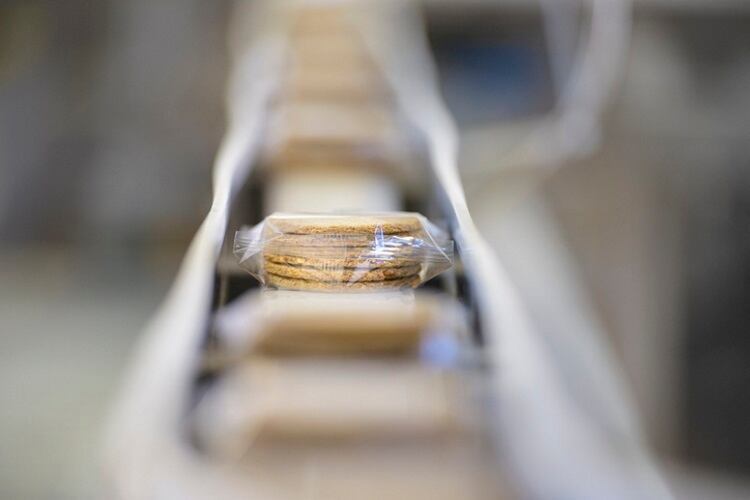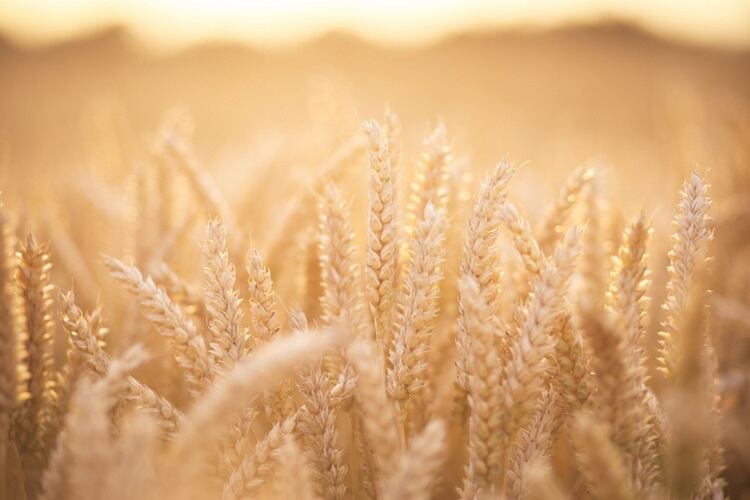With its focus on Snacking Made Right, Mondelēz International is leading the sector by offering snacks that are better for both people and the planet.
A first-of-its-kind programme launched in 2008 with just a handful of farmers, Harmony today boasts a network of over 1,300 farmers across seven European countries, uniquely combining scale with a pioneering local partnership approach.
The Oreo maker has now rolled out Harmony Ambition 2030, expanding on its commitment to grow 100% of the wheat volume needed for its European biscuit productions by 2030.
Butterflies and bees obviously are key in this journey, and the snacking giant is aiming to install 30 ‘five-star’ bee hotels in its Harmony fallows the first year.
Tackling wheat farming challenges
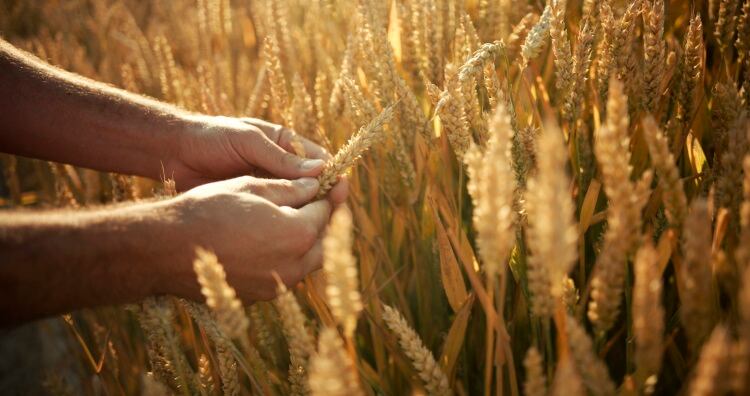
As Europe’s largest biscuits maker, it is Mondelēz’s ambition to play a key role in helping to tackle the biggest environmental challenges in wheat farming by transitioning its partner farmers to regenerative agriculture practices.
The company has made sustainability one of the four pillars of its long-term growth strategy, helping to drive positive change at scale across a focused set of environmental, social and governance priorities.
“For us, regenerative agriculture is the future,” Marie Ellul-Karamanian, Mondelēz Harmony Programme lead, told Bakery&Snacks.
“Harmony is already very much acting in the regenerative agricultural fields, but we want to accelerate our progress and make sure that some strong new practices are implemented under our Charter.”
She added, “To really make sure that farmers are rightly equipped to move forward from an agro-ecological standpoint … we need to make sure we answer to the [sustainability] expectations of consumers.”
Harmony Ambition 2030
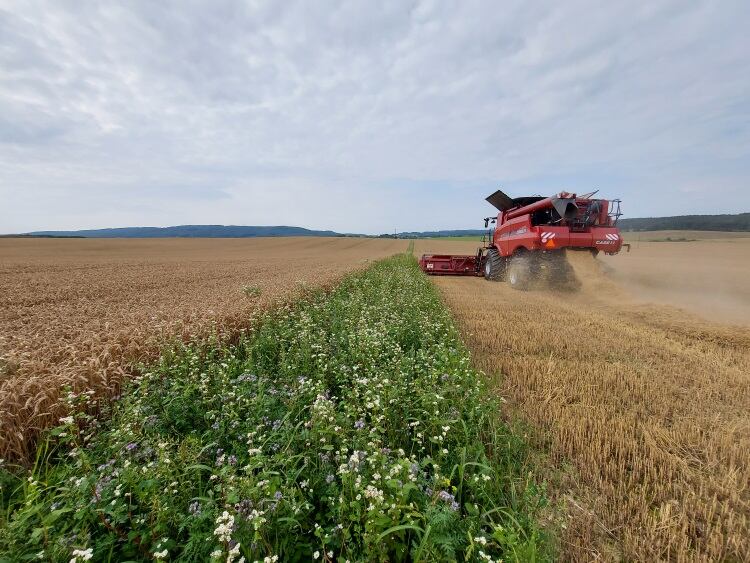
The Harmony programme is based on more than 15 years of experience, co-created with farmers, NGOs, agro-ecological experts and technical institutes.
With regenerative agriculture at its heart, the pioneering, third-party verified programme aims to mitigate climate change and reverse biodiversity losses; support all Harmony farmers in transitioning to regenerative practices; and invest in research looking to demonstrate that more sustainable wheat is also better-quality wheat.
The next chapter will be guided by a newly created Harmony Council, comprising an independent panel of scientific experts from organisations such as Arvalis (a French technical institute run by farmers), INRAE (a world leading research organisation in agriculture, food and environment) and Noé (a biodiversity NGO).
“We kickstarted Harmony Ambition 2030 last year with a Test and Learn model in France, with partner farmers having sown Harmony wheat under our new Regenerative Charter for harvest in 2023,” said Ellul-Karamanian.
“We are excited to take the learnings from this pilot and apply them to a wider European roll-out over the next few years.”
Breaking it down
Harmony Ambition 2030 aims to make a lasting impact across three key areas:
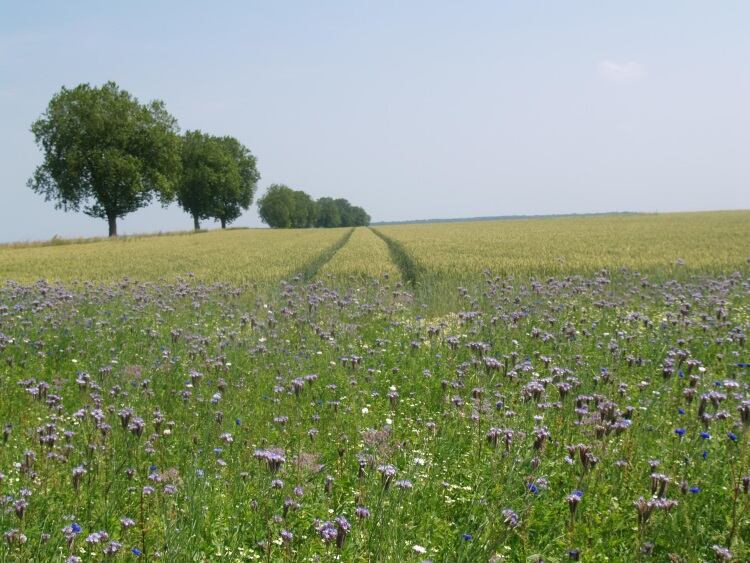
Environment
To mitigate climate change and reverse biodiversity losses by implementing a strengthened charter of farming practices, aimed to help reduce greenhouse gas emissions (GHGs) from Harmony wheat fields.
This will involve, for example, farmers within the network diversifying diversify crop rotation by including legumes to help optimise fertilizer use, the main source of GHGs in wheat farming.
Mondelēz is taking an ambitious approach to biodiversity protection in European wheat farming by widening action from Harmony plot to whole farms, and from pollinators to overall wildlife. Harmony farmers will also aim to eliminate the most damaging pesticides.
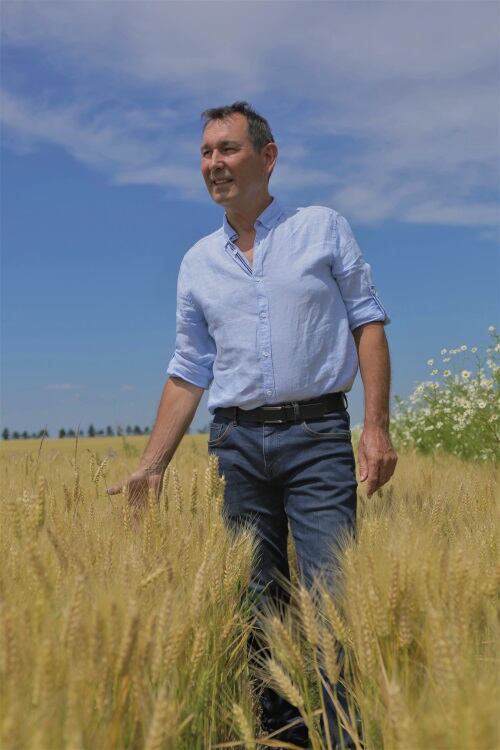
Harmony farmer network
Mondelēz has created the Harmony Academy, which will provide farmers with a holistic package of digital and on the ground training to transition to regenerative agriculture practices.
Additionally, the company will equip all farmers in its network with digital tools to help them record farming practices, calculate environmental impact KPIs and improve the efficiency of reporting. These tools will empower farmers to measure their own environmental impact, informing and supporting future sustainable decision making on farms.
Consumers
An inhouse Mondelēz research team is rolling out a programme to demonstrate that more sustainable wheat is also better-quality wheat.
“Harmony Ambition 2030 is a key part of our sustainability strategy,” said Peter Seymour, senior VP of marketing and strategy, Europe.
“We are working with local farmers and partners across Europe to help create a world where the wheat for our well-loved biscuits is grown in thriving and biodiverse environments. All this is part of our long-term business growth ambition and mission to offer consumers the right snack, for the right moment, made the right way.”
Separating the wheat from the chaff
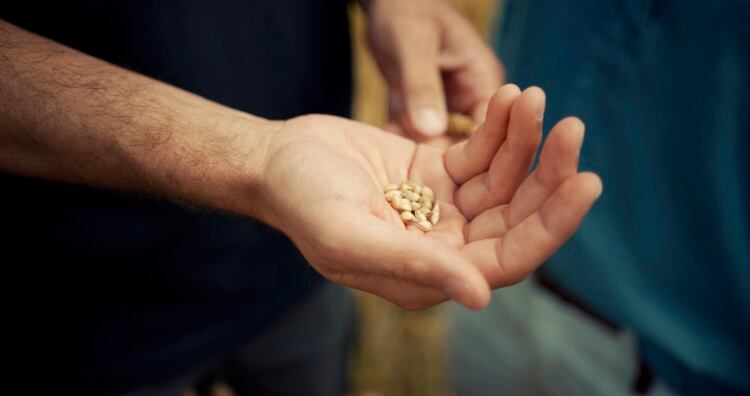
The Harmony programme has developed a strong data reporting system on farming practices, ensuring full traceability from wheat storage to plant.
External audits are conducted among Harmony partners annually by independent and certified organisations. such as SGS and Bureau Veritas, to guarantee compliance with the Harmony Charter.
2022 figures at a glance
- 98% of the wheat volume needed for Mondelēz International’s biscuits production in Europe grown under the Harmony Charter.
- 1,360 farmers and 21 millers in 7 countries across Europe (Belgium, the Czech Republic, France, Hungary, Poland, Italy, Spain).
- 57,000 hectares of Harmony wheat grown.
- 397,000 tons of Harmony wheat harvested.
- 1,800 hectares of melliferous fallows dedicated to biodiversity.
- 17 million bees and 30 butterfly species observed in Harmony fallows.
- 80% of Mondelēz International European biscuits brands, such as belVita, Milka, LU in France and Benelux, Oro in Italy or Opavia in Czech Republic already carry the Harmony label on pack.
“The objective of the programme is to encourage farmers to adopt more sustainable farming practices that aim at caring for the soil, preserving water, protecting biodiversity and, of course, reducing carbon emissions. Ellul-Karamanian
“The big principle is to help deliver on our global ‘Snacking Made Right’ mission and to contribute to our global goal of net zero greenhouse gas emissions across our whole value chain by 2050.
“Wheat is the number one ingredient in our biscuits and we are the number one baker in in Europe. So, it's critical that we tackle the key environmental challenges in wheat farming,” she added.
“We want to be pioneers. We want to set a reference [bar] in sustainable wheat in Europe,” so it’s critical to support our farmers “in their ecological transition to make sure they are well equipped to apply and develop more sustainable practices on the ground … and it’s obviously critical to our consumers [that] their brands behave more sustainably.
“80% of our European biscuit brands carry the Harmony label on the pack, which represents 2 billion packs in Europe. So, these are big numbers that obviously resonate well for the programme.”
For the bees
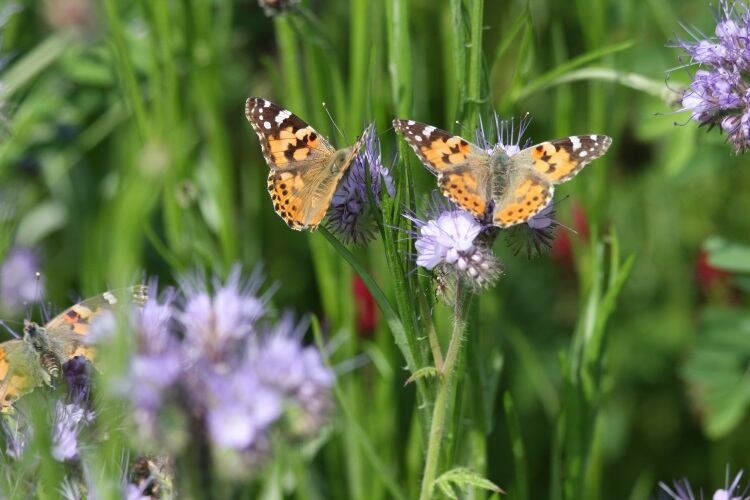
Ellul-Karamanian said European consumers will play a role in contributing to the protection of wild bees.
“Why are wild bees being threatened today? One reason is there is a lack of food sources in general, and the second reason is the destruction of their habitat.
Harmony fields already contribute to the food source … “we are now targeting to tackle the destruction of their habitat with their reactivation, which we call Bee Harmony.
“The idea is quite simple,” she added.
“Our consumers buy a pack [of biscuits and this] contributes to the installation of bee hotels in the Harmony fallows.
According to Ellul-Karamanian, it not just a standard hive, but ‘five star’ accommodation built in partnership with NUI. Weighing 55kg each, the unit has over 6,000 holes, each with a different material to attract diverse types of pollinators – “to find a space to be safe and therefore, obviously to reproduce themselves. This is super important to allow the wild bees to pollinate in the future,” she said.
Harmony is hoping to install 30 bee hotels in its Harmony fallows within the first year.
“We are very happy about this activation because it's a really beautiful concept that brings together a beautiful object that will have verified environmental impact,” said Ellul-Karamanian
- Listen to the podcast to find out more about Harmony Ambition 2030 and the bee hotels.



